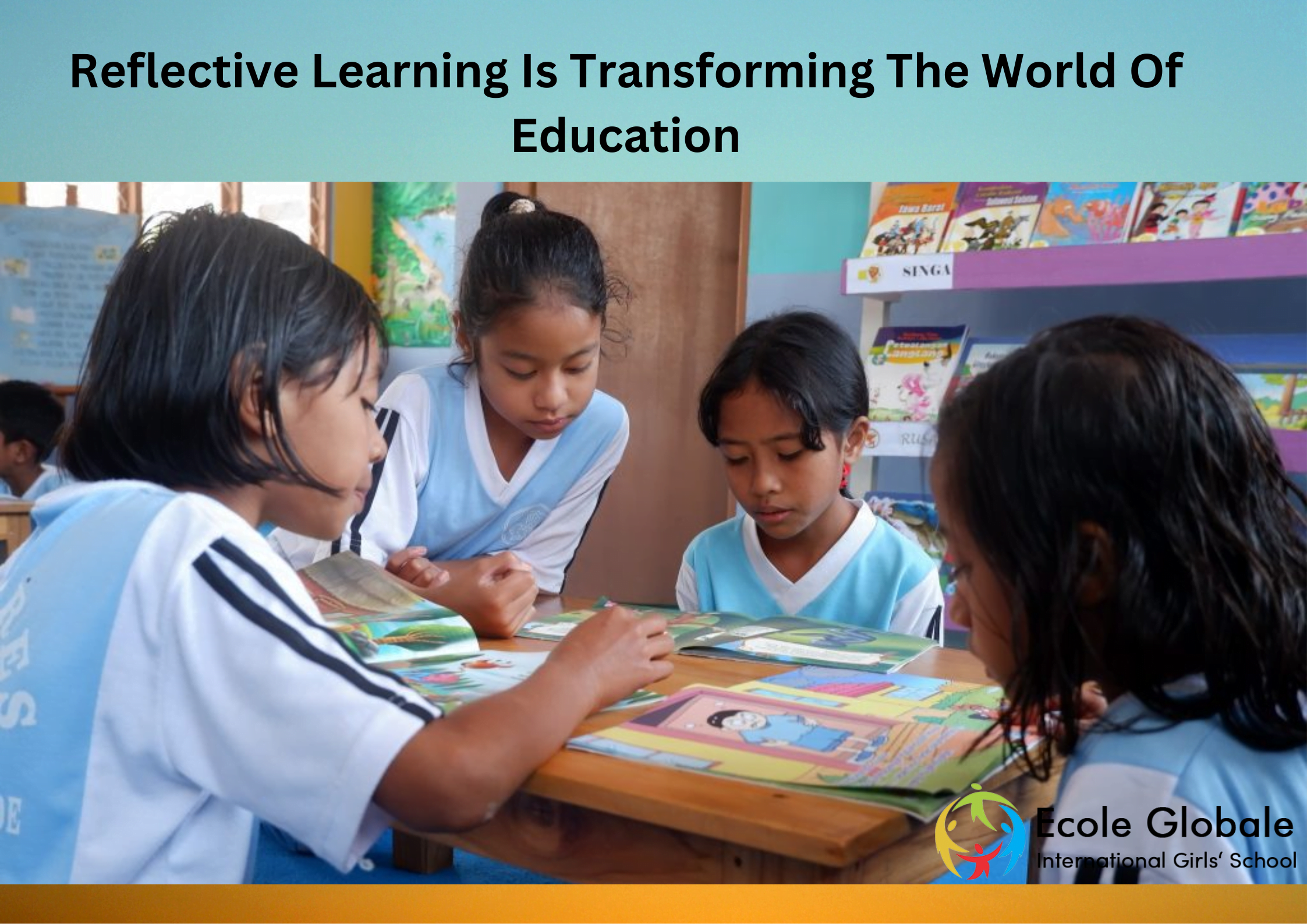Education is one of the most essential things to ever exist on planet Earth. After all, we wouldn’t be the species we are today without it. It is the cornerstone of society and the root of our future. However, it seems that education is going through a major transformation right now.
As per Research conducted by Boarding Schools in India, Reflective learning is making its way to classrooms worldwide as an equal alternative to traditional learning. This teaching mode encourages students to interact with each other rather than just with a teacher or textbook.
At its core, reflective learning is an entirely student-centred method of engaging with education. We’re taking our eyes off sitting children in rows and putting them in front of interactive technologies that are engaging, innovative, adaptive and endless in their possibilities for individualised educational experiences.
Also Read : Project-Based Learning: Importance and Benefits
What is Reflective Learning?
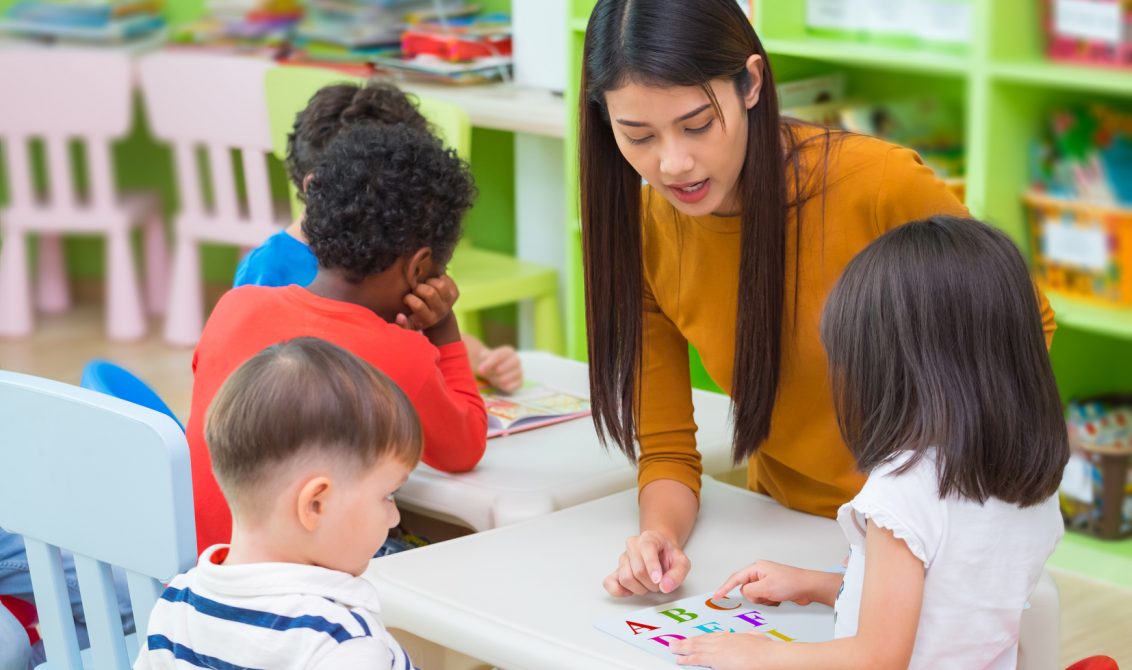
Reflective learning is about evaluating your learning process and your behaviour. It’s about identifying the steps in your process that are most effective and then choosing to repeat them or alter them in some way.
The evolution of educational philosophy and curricula over the past few years has made innovation, creativity, and lifelong learning essential components of academic instruction.
To improve education, they have included new technology tools, including ERP systems (Enterprise Resource Planning), intelligent classrooms, eLearning portals, and LMS.
Both teachers and students now have simpler lives because of these tools. Students must take initiative and actively engage in the learning process in light of the changing environment. For pupils to evaluate what they have learnt and how they learned it, reflective learning is essential.
Impact Of Reflective Learning

Reflective learning is an essential part of the growth of a person. It helps us to learn from our experiences and mistakes so that we can become better in the future. It is also a good way to analyse your life and make changes.
This development is especially important for young people who are still learning about the world and how it works. Reflective learning allows them to make decisions about their future without being rushed or pressured by others, which can lead them down the wrong path in life.
People who use reflective learning regularly tend to be more successful than those who do not because they have spent time thinking about what they want out of life and what they need to do to achieve their goals. This type of thinking leads directly into action, which will ultimately lead these individuals toward success!
Both students and professors dislike boring lectures. Students can give helpful feedback to teachers after a less-than-inspiring lesson by sharing their thoughts or suggestions in their reflective learning journals.
If students participate actively in their studies, they are significantly more likely to comprehend complex subjects. They believe that they have a voice in how they are learning because they are giving such crucial input.
For instance, it’s crucial to change the class’s rhythm from week to week. Why not think about using mind maps or brainstorming sessions to remember what was done in a previous class?
The students are free to use original and creative presentation techniques while working in small groups. Each student or group can contribute, discuss ideas, and ask questions.
Organising

Organising is one of the most important aspects of life, and it’s certainly no different when it comes to organising your learning. It helps you keep track of what you’ve learned and how you can apply it in real-world scenarios. It gives you a chance to reflect on your progress and make adjustments as necessary.
Reflection helps us to make sense of our past experiences and understand how they have affected us. It also helps us to see new ways of doing things and notice patterns that we otherwise might not have seen.
Reflection is a key part of the learning process, but it can be difficult to fit into your busy schedule.
Integration
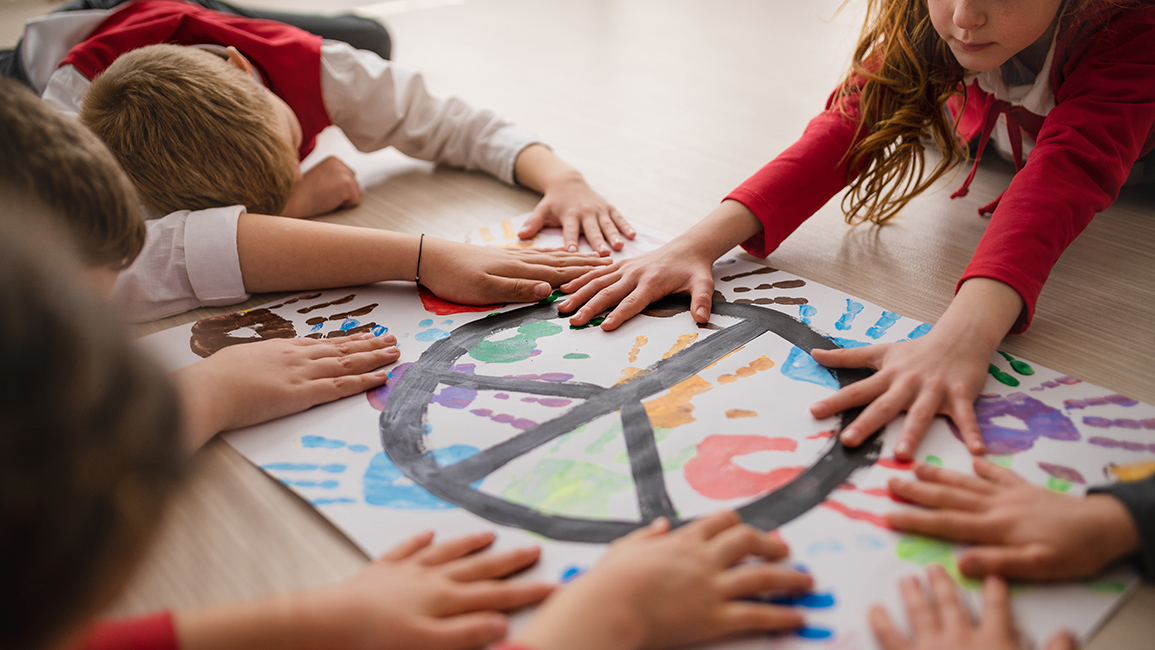
This method of teaching focuses on critical thinking and problem-solving through reflection. The goal is to teach students how to learn from their mistakes, rather than just memorise what they’re told.
The way we learn has been changing for centuries, but now that the Internet is ubiquitous, it’s easier than ever for teachers and students alike to learn at their own pace—and more importantly, at their level.
Many teachers have found that this new way of learning improves grades and retention rates while also improving self-esteem and confidence!
Engagement
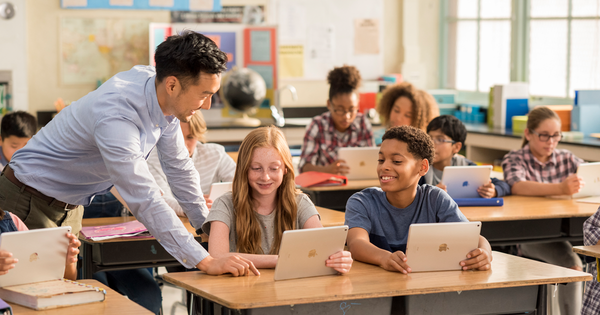
The world of education is changing. In the past, students were taught to memorize facts and figures and then regurgitate them on a test. Now, teachers are focusing on engaging students in active learning, encouraging them to think critically about their environment and make connections between the things they learn in school and their lives outside of it.
This new approach, called reflective learning, has been shown to have several benefits for both students and teachers. For example, engaging students in reflective practice facilitates better learning outcomes than traditional teaching methods did.
In addition, it improves student engagement by making them more invested in their educational journey and more willing to participate actively in class discussions or presentations.
Memory
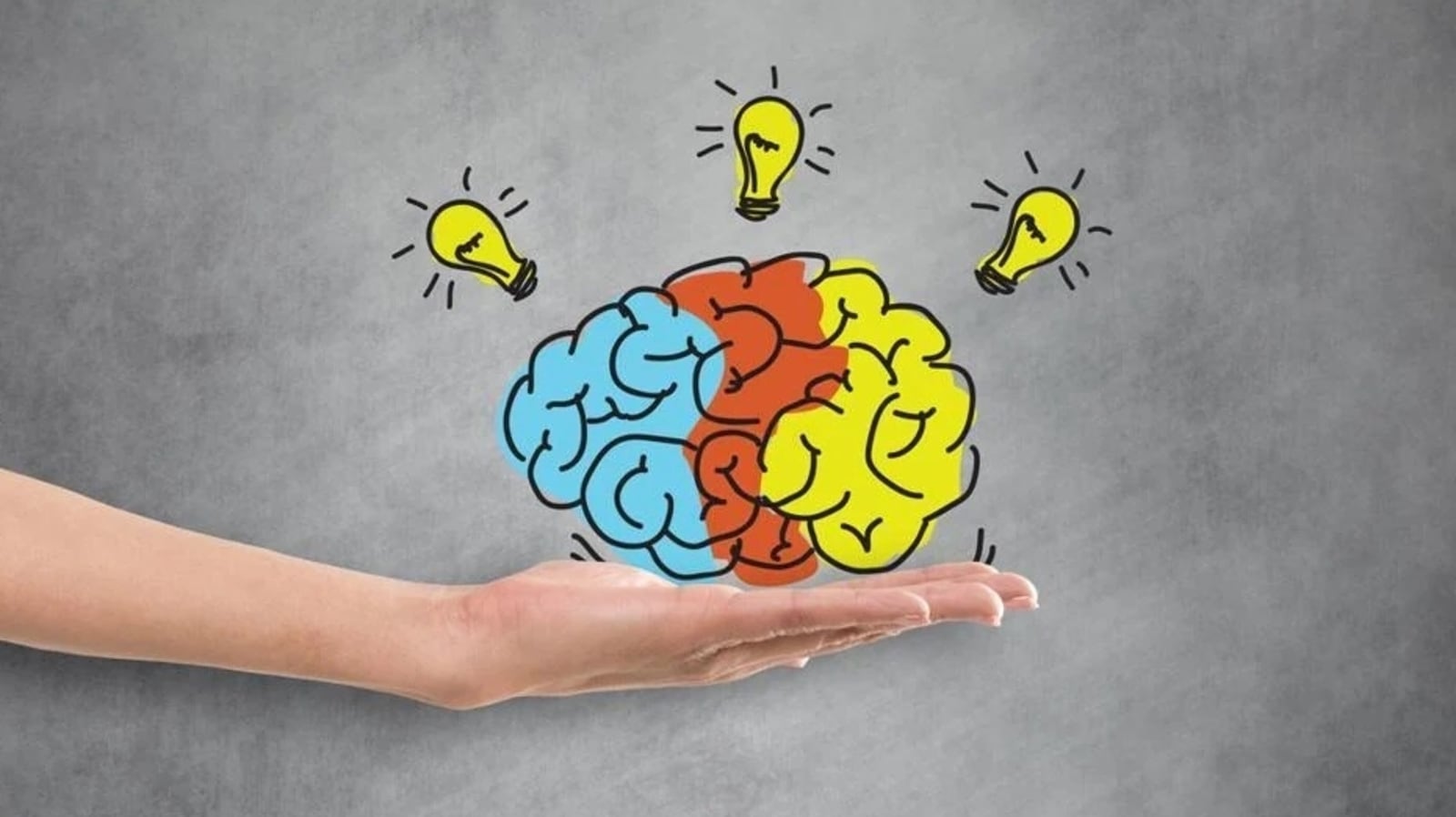
Reflective learning is a technique that can be used to improve memory retention. It involves breaking down information into smaller parts, and then practising those parts until they are memorised. This article will discuss how reflective learning can help you improve your memory retention.
When you learn something new, you must pay attention to what you’re doing and how it feels. When you practice something over and over again, this helps to build neural pathways in your brain so that when you need to access that information again, it’s more easily remembered by your brain.
Reflective learning isn’t just for students—it can be used by anyone who wants to improve their life or work. When you use reflective learning, you’re able to look at past experiences critically and use that information to improve how you do things in the future. This type of thinking helps us grow as people and become stronger individuals!
Creative Synthesis
Reflective learning is a way to foster creativity by helping learners to synthesize their knowledge and experiences.
Reflective learning is an important part of developing creative thinking, as it helps learners to synthesize the information they have collected and make connections between different fields of knowledge. When a learner reflects on what they have learned from a given experience, they can synthesize their thoughts into meaningful patterns that give them a new perspective on the subject matter.
Reflective learning can be used in many different ways during the creative process. It can be used during brainstorming sessions or when solving problems, as well as when evaluating ideas or deciding which ones should be implemented. Reflective learning is also useful when creating something new, such as writing a story or painting a picture.
Help Educators Understand The Different Needs Of Students
The first step to understanding how to help students is to understand what they need.
Many educators focus on the content of their lessons, but when it comes to teaching students, it’s not enough to just cover the material. You need to know what kind of learners your students are and how you can best support them in their learning.
Reflective learning is a great way for educators to gain this knowledge. It helps educators understand both their learning style and that of their students. It also helps them identify the strengths and weaknesses of their teaching techniques or curriculum choices so they can make adjustments as needed.
Reflective Learning Offers An Opportunity For Students To Reflect On Their Abilities
Reflective learning offers an opportunity for students to reflect on their abilities, and it is a key part of the education system. It allows students to take a step back and evaluate what they have learned and how they can improve their skills. This in turn helps them become better learners, which in turn leads to increased success and learning.
This type of learning involves a great deal of self-awareness, which can lead to increased motivation and growth in the student. It may also help them identify areas where they need to improve.
Reflective Learning Allows Students To Take Control Of Their Education
When students reflect on their learning, they can identify what they have learned and how they have grown as a person. Students need to reflect on their learning so that they can develop into independent learners.
Students who are reflective learners will be able to think critically about the content they are learning and make connections between concepts to retain information more effectively.
This type of thinking will help them make connections between ideas and concepts that they have learned previously, which will allow them to apply what they know in new situations or situations where there may be some uncertainty or confusion about what needs to happen next.
Conclusion
The best learning method is the one that gets information into your brain in a way that sticks. Reflection allows you to name why you are a student and what you’re looking for from education. Doing so helps you better understand who you are and how learning fits into your life.
It also helps guide choices at each stage of the process – from deciding on courses to choosing a major, reflecting on progress and planning for the future. That can help students stay on track towards their academic goals, no matter how ‘off the map’ that journey may be.
For any queries related to parenting, schooling, or any student-related tips, click here to check out our latest blogs






